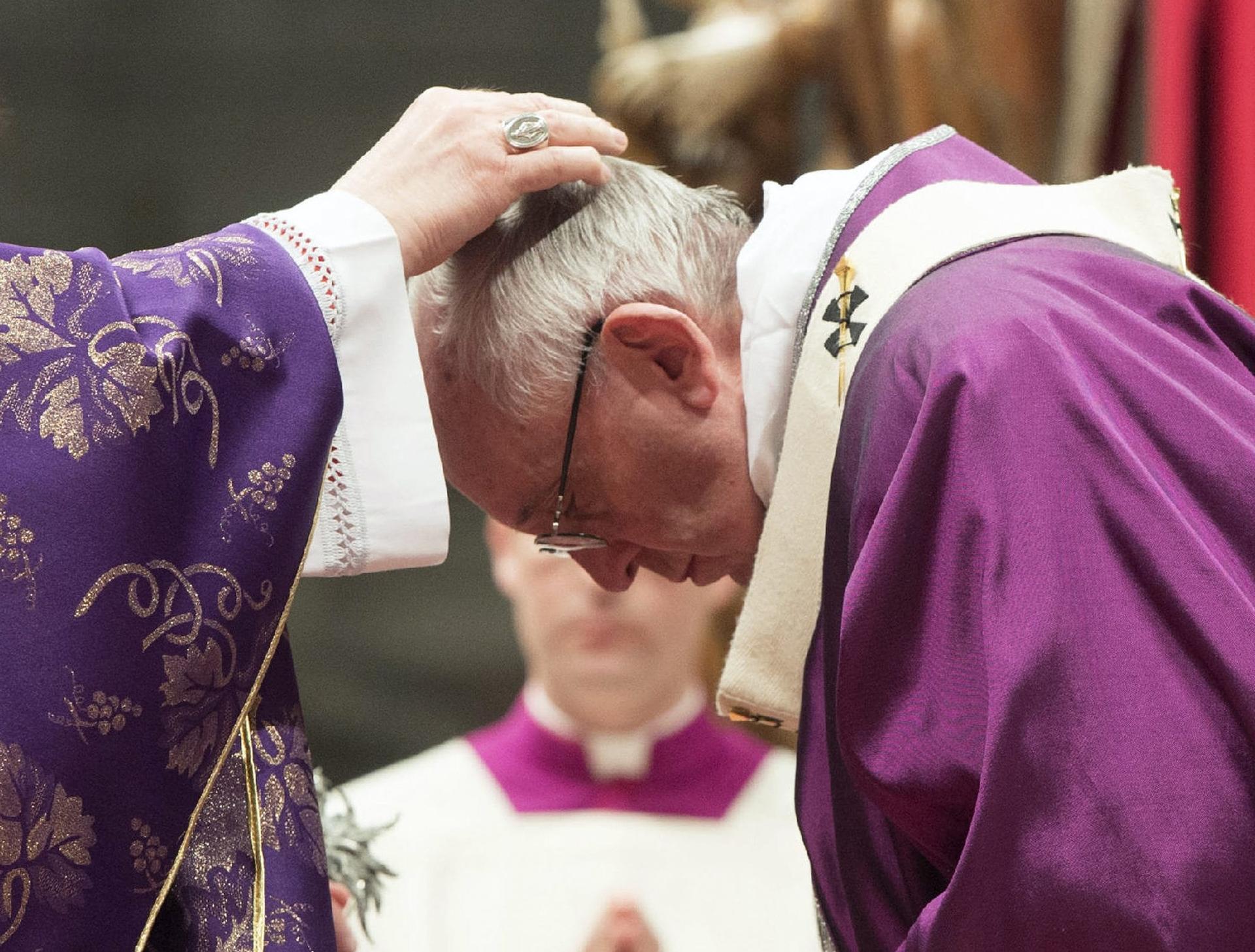Ash Wednesday is quickly approaching this week. Even though it’s late in the calendar this year, the holy day still seems to catch us off guard. Wow! Is it really Ash Wednesday and the start of Lent already?
While the surprise is multi-tiered, it stems in part from the holy day’s reaction to the hustle and bustle of our age. In the activism of our lives, the pressing lesson of Ash Wednesday forces us to pause and reevaluate the status of our lives: “Remember, you are dust and to dust you will return.”
The mark of ashes placed on a person’s forehead on the first day of Lent reminds the believer, and the person of good will, that her life on this earth is not eternal. Such a reminder raises questions about how a person is using her time, what her priorities are, what she’s trying to accomplish and who she wants to be.
The admonition accompanying the ashes could just as well ask: “What will be your legacy in this life?”
The observance of Ash Wednesday, therefore, can give renewed intention and direction to the person who is open to its lessons on mortality and our life’s purpose. As a person may desire to refocus things, she is drawn into a sober assessment of her life: What devotion has been devoid in her encounter with God? What virtues have been waning in her interaction with her neighbor?
What relationships have been ignored in her family or among her friends? What service has been eclipsed by self-centeredness? And what areas of her belief system have been lost or compromised?
None of these questions are comfortable for any person, which is why they are oftentimes set aside or explained away through the activities of life.
In fighting to protect the fragility of the human soul, however, Ash Wednesday asserts the importance of these questions and forces them to be approached and answered by those who seek the help of the holy day and the purification of Lent.
This is not an easy work since it may bring about new realizations that require a person to change, humble herself, and seek reconciliation with God and others.
This work of conversion renews in our own hearts the knowledge of who we – and God – want us to be in this life. We see the life of peace, goodness, and holiness that is offered to us. The realigning of our life to this purpose gives new direction to our decisions and to the relationships we hold dear.
While an end does not justify the means, it does give direction to them and provides a clear map on how they can safely arrive at the desired end. This is the role and help of Ash Wednesday.
As the holy day begins the forty days of Lent and the preparation for the celebration of Easter, so it also highlights the person we are meant to be, the end for which we were made, and it emphasizes the more excellent way of love by which we are to get there.
As Pope Francis wrote his annual Lenten Message: “Lent is a new beginning, a path leading to the certain goal of Easter, Christ’s victory over death. This season urgently calls us to conversion. Christians are asked to return to God ‘with all their hearts,’ to refuse to settle for mediocrity and to grow in friendship with the Lord.”
In allowing ourselves to be reminded of our life’s end by Ash Wednesday, we are further led to the knowledge that while our lives on this earth may not be eternal, we have been made for eternity. At death, our life is “changed, not ended” and a place of everlasting tranquility and love can await us if we live by such a kingdom in this life.
These are the lessons, reminders, and the invitation of Ash Wednesday. To people with open hearts and willing spirits, the holy day is meant to be a time of renewed purpose and a cherished opportunity for realignment and conversion to the things of God, to goodness, kindness, and peace.






